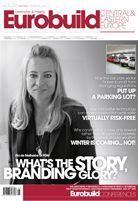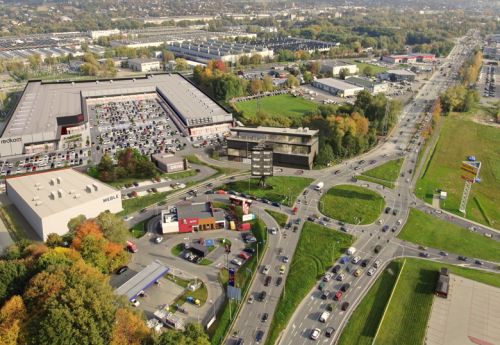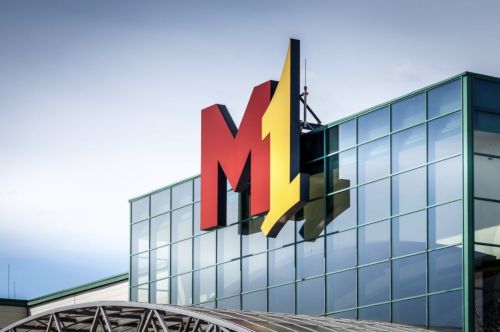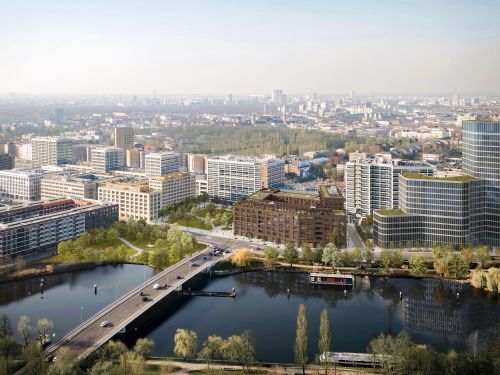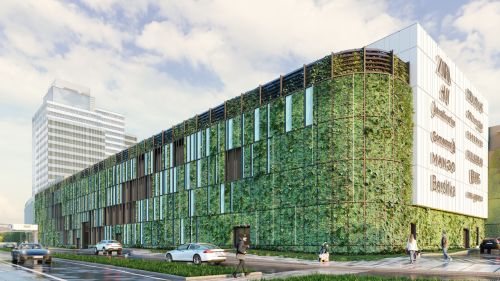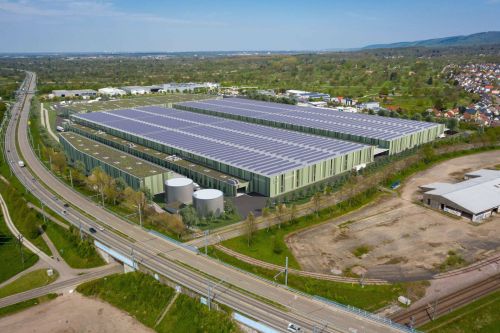Urban logistic centres ready to go national
Warehouse & industrial
Potential tenants have also shown great interest in the project in Gdańsk, where pre-lease agreements having already been signed just two weeks after the purchase of the plot. The first openings are expected in the autumn. “After ten years of building up our experience, we feel confident as developers of large logistics parks and so naturally we will continue to develop them. At the same time we want to offer our clients something new – which is where the 7R City Flex concept comes in,” explains Tomasz Lubowiecki, the CEO of 7R. “There is a growing demand on the market for smaller warehouse units located within the boundaries of cities, from where companies can efficiently distribute their goods. This demand is being driven mainly by the rapid rise of the e-commerce sector. Consumers are no longer satisfied with next-day delivery: They want to have their hands on the product in just an hour or two,” he adds.
For bigger, for smaller
“We offer a comprehensive package for tenants who need small, tailor-made areas in excellent urban locations. We provide the same high standards in all our centres, as well as a nationwide service and one technical team,” claims Bartłomiej Krawiecki, a board member of 7R. 7R City Flex facilities of 8,000 sqm to 15,000 sqm are to be developed in Gdańsk, Szczecin, Warsaw, Łódź, Katowice, Kraków, Wrocław, Poznań, Rzeszów, Kielce, Częstochowa, Białystok, Bydgoszcz and Gdynia. One feature they will share is they will be within city ring roads, with convenient access for lorries, close to retail parks and shopping centres. The buildings are to be developed on 2-5 ha sites, with even the smallest modules of 900 sqm being equipped with docks. City Flexes will have a slightly more complicated structure than traditional warehouse centres, since their purpose is to facilitate ‘last mile’ deliveries. They are not designed for mass storage, but rather for the sorting and packing of goods. “They will also feature a larger amount of office space compared to standard warehouse facilities – for ‘box’ warehouses the average is about 5 pct, whereas in City Flex centres it is to be be 15–20 pct,” reveals Bartłomiej Krawiecki. The buildings will also stand out due to their more aesthetically pleasing appearance. Tenants will be able to process their orders on-site and send out deliveries around the clock as well as deal with returned goods. The developer believes that this will attract tenants of a variety of scales and sizes to City Flex. Large retail chains developing their e-commerce operations and logistics operators find it more convenient to work with a single owner and manager of a number of warehouse locations. Another typical type of tenant will be small companies and online stores that need to have their warehouse, office and exhibition space in one place.
Light and green
Access to daylight and the option of adding mezzanine levels to the warehouses, which is useful at times of increased traffic, are also selling points. 7R estimates that the rents in these centre (not including for Warsaw) will be around 15–20 pct higher than for ‘big box’ buildings located in the same cities but further away from the centre. All City Flex buildings will have the highest fire protection standards and increased thermal insulation - and will be designed in accordance with the standards of BREEAM ‘Very Good’ certification. ”In addition to using environmentally-friendly materials/technology and energy management systems, our facilities will be equipped with charging stations for electric vehicles – not only for cars, but also for lorries. In a few decades electric trucks will be common on our roads and diesel vehicles will not be allowed into city centres. We are already preparing for such a scenario today,” claims Bartłomiej Krawiecki. The developer insists that the company does not intend to stop at sixteen locations. Eventually, City Flex facilities are to be developed at every significant exit route of each Polish conurbation. “Cities like Poznań, Wrocław and Kraków will have several such warehouse complexes. We have great hopes for Warsaw, where at least five City Flexes are eventually to be built,” reveals Tomasz Lubowiecki.
























